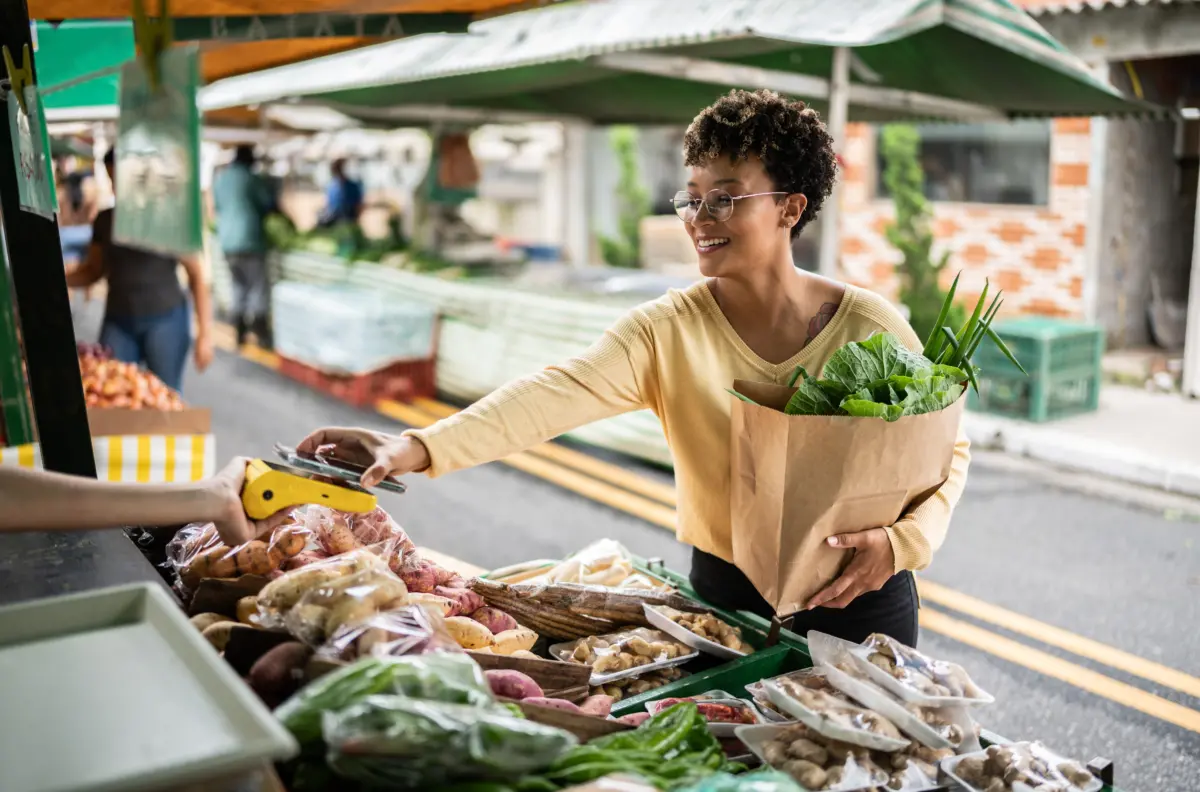Why tax sugary drinks?
Consuming sugary drinks poses a real health risk to kids. It increases their risk of excess weight gain and tooth decay and preventable diseases such as obesity. To date, seven U.S. cities and the Navajo Nation have passed taxes on sugary drinks. Research has generally found these taxes to be effective at reducing purchases of sugary drinks.
In the three years since Berkeley passed its tax on sugary drinks, consumption of those beverages has dropped by 52 percent in the city’s diverse and lower-income neighborhoods. That’s particularly important as Black, Latinx and economically disadvantaged communities tend to be high consumers of sugary drinks and beverage companies spend significantly more money on ads targeting these populations.
There’s something else happening in Berkeley that’s just as important as the decline in consumption: people are changing their attitudes toward sugary drinks. Once Berkeley residents learned that sugary drink companies were unfairly marketing to them, and that sugary drinks were harming their health long-term, they stopped standing for it and started making changes, like drinking more water and fewer sweetened beverages.
Local nonprofit leaders and staff who work with children in communities across the city link these changes to programs funded by the tax revenue. To date, more than $7 million from the Berkeley sugary drink tax program has helped fund initiatives designed to improve residents’ nutrition and health.
Where does the money go?
Berkeley’s city council decides how to spend the tax revenue and a local commission comprising residents, community stakeholders and public health experts, makes recommendations to the council. To date, funds have been administered to the Berkeley Unified School District, Healthy Black Families, the YMCA of the East Bay, the Ecology Center, Multicultural Institute, and Berkeley Youth Alternatives, to name a few.
While each organization has its own programming, they all use the tax revenue to directly reach and serve populations heavily targeted by the sugary drink industry, including kids of color and those growing up in price-sensitive communities. The programs educate people about the health harms of sugary drinks and provide them with resources to make healthier choices. In fact, 80% of people reached by the sugary drinks tax revenue programs report a change in attitude, interest, or intention to engage in healthier behaviors.*
*Based on 840 survey results, as reported in Healthy Berkeley: Measuring Success in our Healthy Berkeley Funded Programs (FY18), April 18, 2019, available upon request.
Together, these programs have a collective mission to change residents’ attitudes and behaviors about buying and drinking sugary drinks. Here’s a look at some of the innovative work happening in Berkeley to help make healthy choices more achievable for everyone who lives there.


